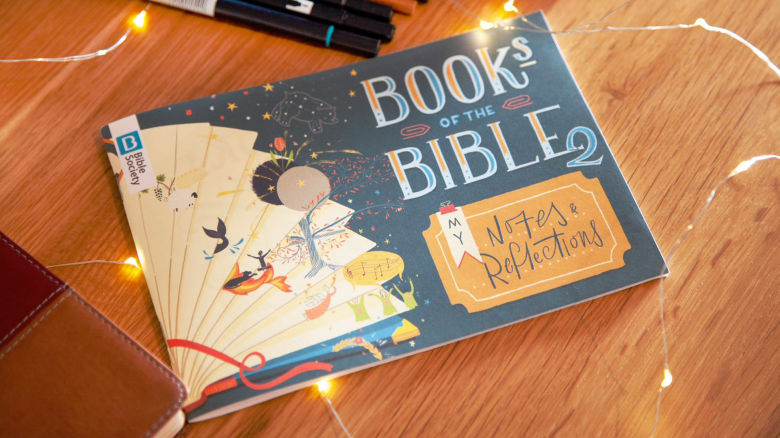1 John is a testimony about who Jesus was and is, and what this means for those who seek to follow him. There is a strong emphasis on living out what you say – not just declaring that you belong to Christ, but living it out in practice. Woven through the book is the requirement to love God and each other.
Reading time: 16 minutes
Short of time? It's not long – read it all!
Epistle or sermon
If we say that we have no sin, we deceive ourselves, and the truth is not in us. (1 John 1.8)
See what love the Father has given us, that we should be called children of God; and that is what we are. (1 John 3.1)
Beloved, let us love one another, because love is from God; everyone who loves is born of God and knows God. Whoever does not love does not know God, for God is love. (1 John 4.7–8)
The train of thought is not always easy to follow – but that’s OK, because most themes loop around again.
The author is not identified in the letter, which begins and ends abruptly. Christian tradition associates the author of 1 John – and 2 and 3 John – with John the author of the fourth Gospel and the book of Revelation. Church tradition further identified that John as John, son of Zebedee, one of the 12 apostles. Debates about the authorship of the Johannine material (i.e. John’s Gospel, 1, 2 and 3 John and Revelation) are extensive and marked by a lack of agreement.
It is interesting to read all five books together and see what you think!
If the author of 1 John is John the apostle, he was the brother of James, called by Jesus to follow him early in his ministry. He is often thought to be the 'beloved disciple' of John’s Gospel (see introduction to John’s Gospel for more on this); if he was, then when he was on the cross, Jesus handed over care for his mother to him. Christian tradition states that he took her to live in Ephesus, where he lived to a ripe old age (around 100). If the author is a different John, then we know much less about him. If the same person wrote 2 and 3 John then he was an elder in the church.
The problems with authorship make it hard to date these letters but most think they come from the end of the first century, around the AD 90s.
Despite the differences between 1, 2 and 3 John, the thread that joins them all is the question of what it means to live out the love of Jesus in the people's everyday lives.
1 John is often called an epistle, but it doesn’t read much like one. It has no opening or ending like most letters. So it may have been a sermon, or a reflection, or a testimony (the expression 'bear witness' occurs a lot) about Jesus and how to follow him.
1.1–4 Witness to the nature and life of Jesus
1.5–3.10 Walking in the light
3.11–5.12 Living in love
5.13–21 Do not sin
The names of people and peoples
Throughout the letter there is a vital connection made between knowing God and doing good works. Look out for it as you read.
Look out too for the themes of light and love, and notice how the two are intertwined in what the author says.
Also important is the theme of witnessing. Notice this strand as you read.
Reflect on the connection between knowing God and doing good, an important theme in this book. Is the movement from one to the other an easy one, do you think?

Here are 8 handy tips to get your book club up and running.

Here are some ideas to get you started.

Unsure of the meaning of a word or phrase in the Bible? Check our glossary of terms.
Books of the Bible journal: 2nd Edition
Journey through the Bible, one book at a time, with the 2nd edition of our Books of the Bible journal.
